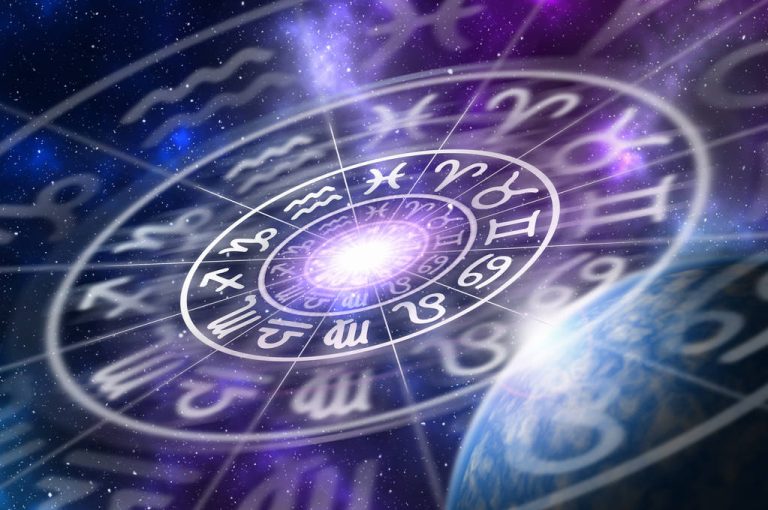Even kings used astrological forecasts to determine the timing of projects and their effects. Nowadays, astrology is often smiled at and not taken seriously. Is the horoscope just a matter of belief?

What can astrology do?
The term astrology comes from the Greek and means “astronomy of the stars”. Astrology is the science or art of describing people and events of the past, present and future by interpreting celestial charts (horoscopes) created for this purpose according to specific methods. Planets and their positions, in connection with the original principles (zodiac signs) have different effects on us and on the earth at different distances. Just as the moon affects the tides, we humans are also affected by the planets.
Astrology is not meant to be a limitation, but an expansion of knowledge about oneself. It is the integration of rhythms and cycles, because this tool for self-exploration allows us to delve deeper into our own self. It is also assumed that, contrary to scientific opinion, the positions of the planets indicate the development of world events and individuals.
In your individual horoscope (birth chart), which was determined by your birthday, place of birth and hour of birth, a detailed picture of your personality emerges and reveals an insight into your personality structure. Astrology is often confused with astronomy. Astronomy deals with the nature, distance and speed of the planets or Milky Ways.
Your horoscope is the x-ray of your soul
Imagine you go to the doctor and have your entire body x-rayed. The doctor can then explain to you exactly where your weak points are, which body parts are in top shape and which bones are broken. Now transfer this procedure to your psyche and to your being. Because a horoscope with the twelve basic principles is nothing more than an x-ray of your inner core. With all your strengths, weaknesses, tensions, and supportive aspects, there’s a lot to be gleaned from your birth chart.
In astrology, one speaks of tendencies, imprints and tendencies, since they are largely psychological. Many critics of astrology say that the statements in various magazines are too general. Of course – how are you supposed to break down the enormous scope of this topic into one sentence. There’s more to it than telling a Taurus he’s stubborn and environmentally conscious. Your horoscope reading can cover the following topics, for example:
New beginnings and reorientation
Assistance in crisis situations
love and partnership
parent-child relationship
talents and aptitudes
support in decisions
Find your vocation and soul path
deepening of self-awareness
life pattern
Find suitable time slots for starting a business, changing jobs, contracts, weddings, long trips, etc.
What do you look for in the horoscope?
The classic: I’m interested in my zodiac sign, read the description and can’t identify with it at all. Then at most the ascendant and the position of the moon are included. If you can’t start with that either, astrology has died for many. But it’s so much more than that! If you have ever seen a horoscope drawing, you know that it is depicted as a circle. You are in the middle of your horoscope. Your zodiac sign makes up five to ten percent of you, if at all. First you look at the brightest lights.
The sun (zodiac sign) is the heartbeat of your horoscope, the essential part of your personality and your active awareness of the day.
The moon represents the passive night consciousness, your soulful feminine side, which also represents the maternal principle.
Your ascendant is like a second skin in the way we relate
Then you go into the planets: Mercury, Venus, Mars, Jupiter, Saturn, Uranus, Neptune, Pluto. In which zodiac sign do they work? And finally the house system: Each of the 12 houses
Astrology then and now
The development of western astrology began as early as the 14th century BC. It used to be common practice for every king or ruler to have an astrologer by their side. This could be used to foresee plagues, years of good fortune or, quite simply, full harvests. From the 3rd – 6th century B.C. The astrological zodiac developed with its twelve zodiac signs, planets and houses
By the end of the 18th century the influence of psychology was growing
Astrology is gaining more attention as more and more people get involved in spiritual topics like astrology. There is so much potential slumbering in you that can be made visible through the horoscope. It would be a shame if you didn’t take advantage of that. Or as C.G. Jung said: “An uninterpreted horoscope is like an unread letter!” Each of us carries all the signs of the zodiac. At the right time in the right place, we want to be able to serve everyone in a free-flowing manner.




